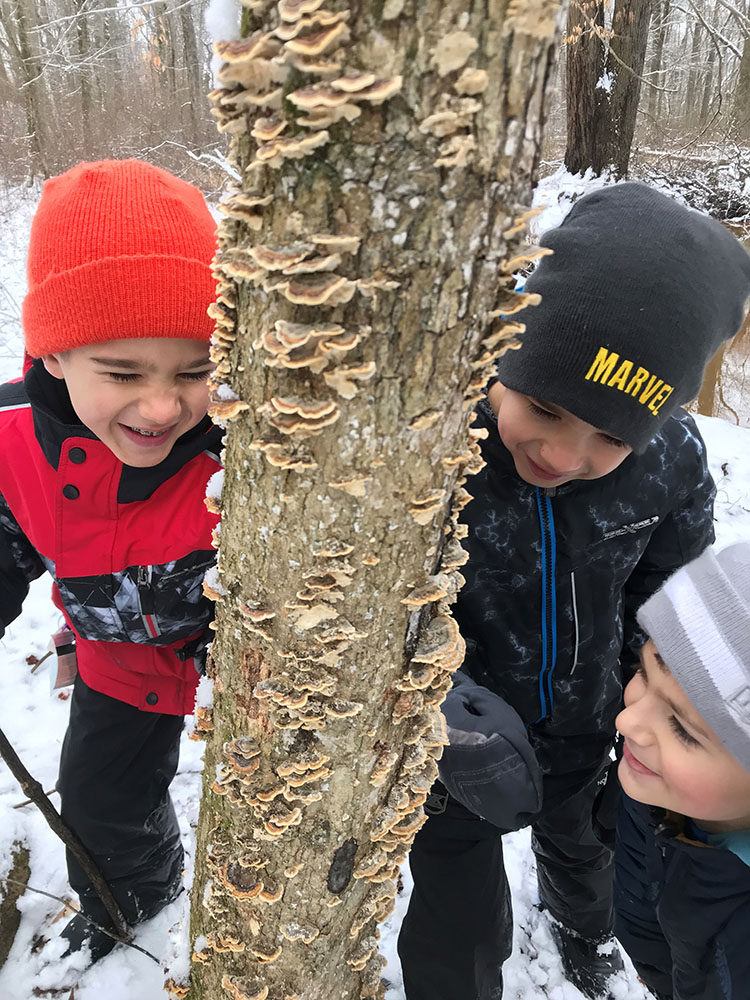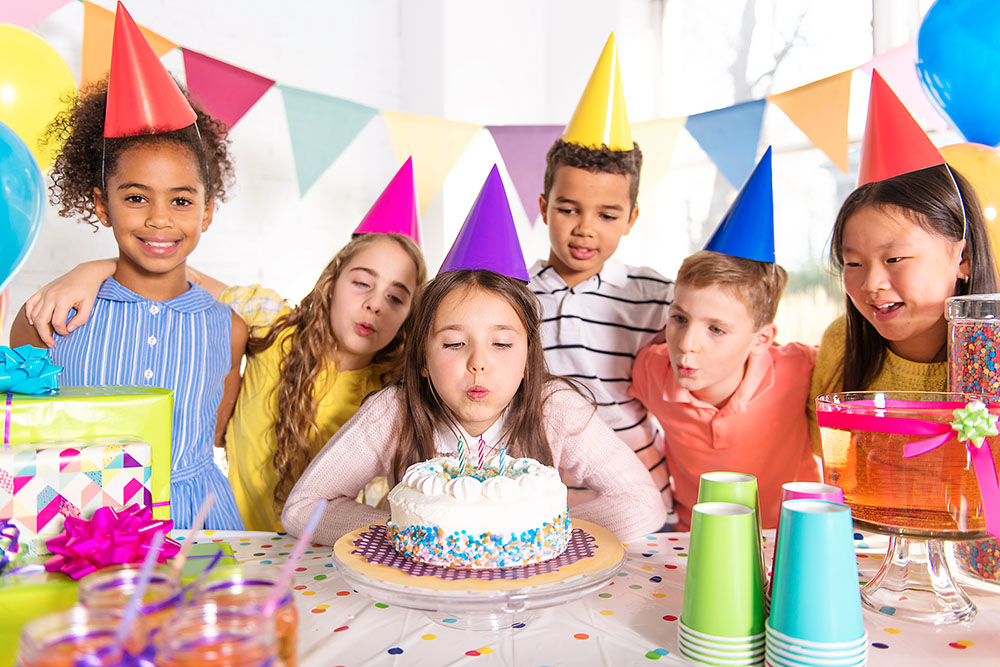If you have a child who has been identified as gifted, you’re aware of the challenges he faces at school.
Click here to find out if your child is gifted!
Gifted students prefer finding answers in their own way, tolerate high levels of ambiguity, see familiar things in unusual ways and enjoy working alone to solve problems. Therefore, they require an instructional setting that honors their high degree of intelligence, challenges them to excel and supports their individual social and emotional needs. Here are four ways parents and teachers can meet those needs.
1. Accelerate instruction.
Gifted kids learn information quickly and remember it well. They don’t need more than one or two lessons to master a new skill. Once they process new info and fit it into their larger picture of related subject matter, they’re ready to move on. Repetitive lessons will both interrupt learning and frustrate the child.
A better method for teaching gifted kids is to introduce new material and then turn them loose within the subject area. For instance, if the class is learning the geography of South America, allow the gifted child to do independent study on a country or cultural group of choice. Teachers who require gifted kids to memorize all the countries and their major exports will find their attention long gone.
2. Teach in whole units.
Gifted children do not want to learn in bits and pieces — they want the broad picture. They want to read the entire book. Gifted kids need to work with whole concepts to progress to a problem-solving level. They want to see all the facts, then manipulate the info in new and creative ways.
3. Allow them freedom to explore.
The average classroom teacher doesn’t have time to differentiate every lesson to fit the requirements of various ability levels. She tends to teach to the average student, give slower students as much
attention as possible and throw an extension option into the mix for gifted students. But gifted thinkers want to explore relationships between two bodies of information or perform experiments to test a theory. They need their teacher’s permission and respect to learn independently. Even in classes designed especially for gifted learners, some students will find it virtually impossible to work in lockstep with others. They need freedom to follow their interests in their own way.
4. Understand quirky behavior.
Gifted children are, after all, children. They have the emotional and social concerns we expect of their age group. In addition, many gifted kids find it difficult to make friends, listen to instruction that seems boring or follow classroom rules.
Gifted kids can be quirky. They may be hypersensitive to noise or light. They may be emotionally fragile and worry about world situations other kids don’t even consider. They may need a high level of encouragement to do their best work. The understanding attention of a caring teacher can make the difference between success and disaster in the classroom.
Parenting gifted children
Parents of gifted children have a tough job. You know your child’s abilities and you want the best for them. You watch as they struggle with issues beyond the scope of most kids. They know about wars in far-off lands and about injustice before they have the emotional maturity to deal with such information. How can you protect them and support their learning at the same time?
You are your child’s best advocate in finding an instructional setting best suited to her needs. You may find that a regular classroom works just fine or you may choose a gifted program. You may decide to home-school with advanced curriculum through a local college or an online course.
Know that other parents share your concerns. Join a support group for families of gifted children (find local groups through the National Association for Gifted Children). You’ll have the opportunity to swap “war stories” and glean information on approaches and courses of study that work for others.
Your gifted child is truly unique. With your support and guidance, the world will be a richer place as she makes contributions to the learning world.
Jan Pierce, MEd, is a retired teacher who writes about education and family life.






